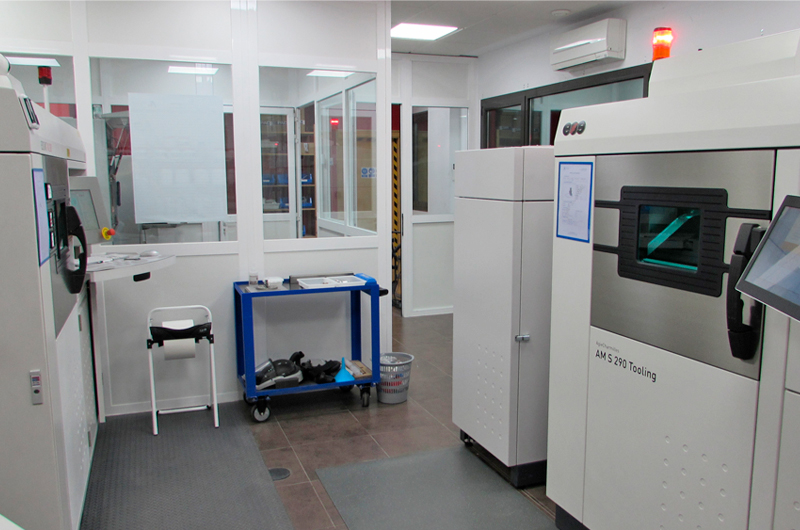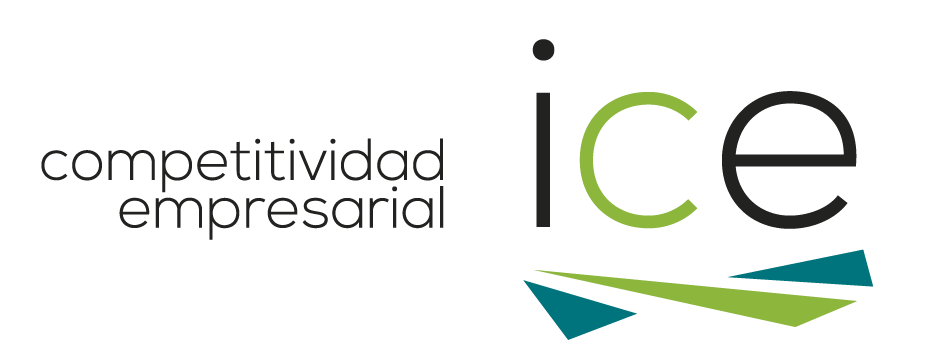
Mjf 3d printing
Mjf 3d printing MJF 3D Printing is a state-of-the-art technology that enables businesses to fabricate complex parts with superior surface finish and accuracy. It offers perfect solutions for rapid prototyping and low-volume manufacturing of complex components.
Mjf 3d printing.
Is a cutting-edge technology that stands out in the realm of additive manufacturing. It offers businesses an advanced capability to produce complex parts characterized by exceptional surface finish and high accuracy. This technology is particularly well-suited for rapid prototyping and low-volume production of intricate components.
Superior Surface Finish and Accuracy: One of the key advantages of MJF 3D Printing is its ability to create parts with a superior surface finish. This makes it ideal for applications where the aesthetic quality and tactile feel of the product are important.
Complex Part Fabrication: MJF technology excels in fabricating complex geometries that might be challenging or impossible to achieve with traditional manufacturing methods. This ability opens up new possibilities in design and engineering, allowing for more innovative and functional parts.
Rapid Prototyping: Is highly efficient for rapid prototyping, enabling designers and engineers to quickly iterate and refine their designs. This speed in prototyping accelerates the development process, reducing time to market for new products.
Low-Volume Manufacturing: This technology is also advantageous for low-volume manufacturing. It allows for cost-effective production of small quantities of parts, which is particularly beneficial for custom or specialized products.
Versatility in Material Use: MJF 3D printers can work with a variety of materials, offering flexibility in terms of mechanical properties and appearance of the final parts.
Reduced Waste and Increased Efficiency: Compared to traditional manufacturing methods, is more efficient and produces less waste, aligning with sustainable manufacturing practices.
In summary, is a transformative technology in the field of additive manufacturing, offering high precision, superior surface finishes, and the ability to create complex parts efficiently. Its suitability for rapid prototyping and low-volume production makes it a valuable asset for businesses looking to innovate and expedite their product development process.




